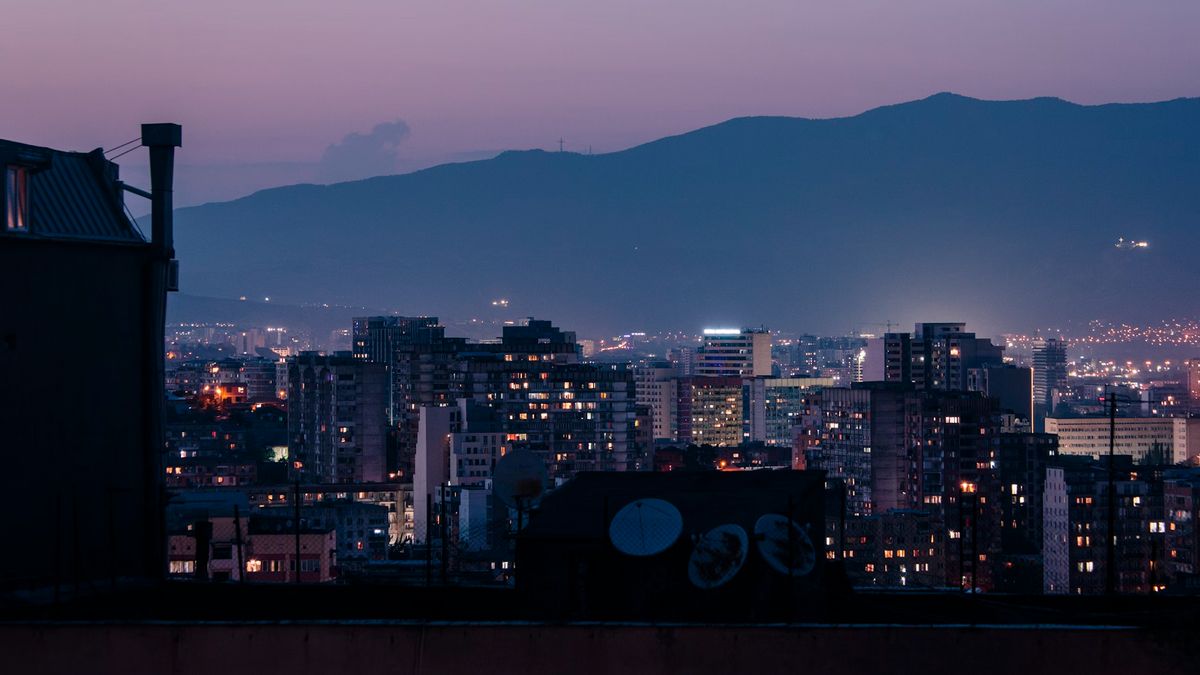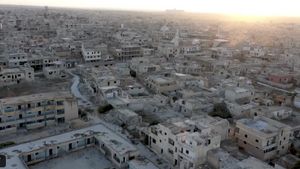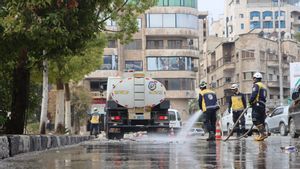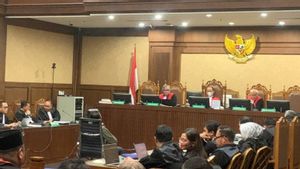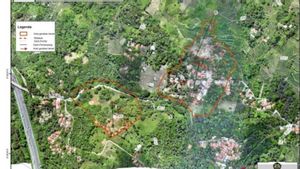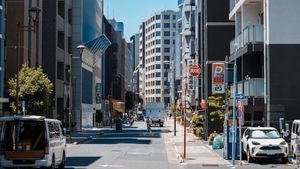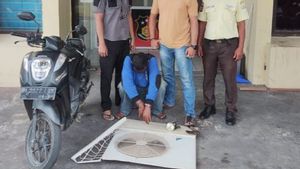JAKARTA - The capital of Georgia, Tbilisi, has been shaking with fireworks until late at night for the past week. The eruption of fireworks has become a symbol of major pro-EU protests that are considered to have plunged the South Cucacase country into crisis.
When riot police used water cannons, tear gas, and mass arrests to quell protests, demonstrators responded with fireworks.
They threw it at the police and the parliament building where thousands of protesters gathered every night.
The Georgia government last week said it had frozen negotiations over accession to the European Union until 2028, so that it suddenly stopped the longstanding national goal and sparked outrage among many pro-Europeans.
Alexandre, a 21-year-old student who demonstrates almost every night, said the use of fireworks carried out by protesters was a form of self-defense against the crackdown that had resulted in more than 300 people being detained.
"Firework is the only thing we have to keep from the police, because the police are using violence against us," he said.
Every night, the city sees a small group of protesters with closed faces launching fireworks at armored antihuru-hara police officers.
SEE ALSO:
Often, this conflict develops into a prolonged deadlock, with protesters throwing fireworks at the parliament building, while officers responded by spraying cold water.
In one of the broadcasts broadcast by Georgia television channel last week, a protester fired fireworks at officers from what appeared to be homemade launchers.
The interior ministry said a number of its officers were injured in the demonstration.
The Georgia government is taking action to ban the sale of fireworks.
The English, Chinese, Japanese, Arabic, and French versions are automatically generated by the AI. So there may still be inaccuracies in translating, please always see Indonesian as our main language. (system supported by DigitalSiber.id)
